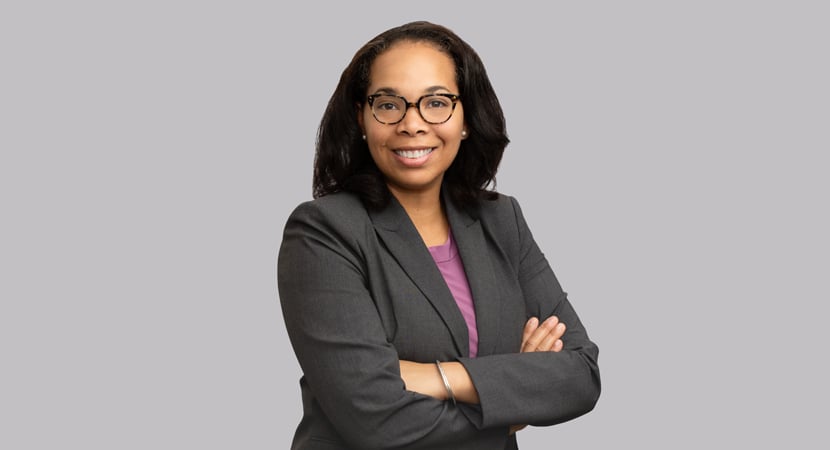The IRS on December 4 issued Notice 2017-73, stating that it is considering developing the following proposed regulations for IRC § 4967:
- Tickets as Non-Incidental Benefits to Donors. The IRS proposes providing that distributions from a DAF that pay for tickets for a donor, donor advisor, or related person to attend or participate in a charity-sponsored event would be a non-incidental benefit to such person under IRC § 4967, and thus subject to penalties.
- Fulfilling Charitable Pledges as Incidental Benefit to Donors. The IRS proposes providing that distributions from a DAF to a charity that fulfill a charitable pledge made by a donor, donor advisor, or related person is an incidental benefit to such person, if certain requirements are met. More specifically, the IRS proposes to consider such pledge fulfillment as an incidental benefit if:
- The sponsoring organization makes no reference to the existence of a charitable pledge when making the DAF distribution;
- No donor or advisor receives, directly or indirectly, any other benefit that is more than incidental on account of the DAF distribution; and
- A donor or advisor does not attempt to claim a charitable contribution deduction with respect to the DAF distribution, even if the distributee charity erroneously sends the donor or advisor a written donor acknowledgment for the DAF distribution.
The IRS emphasized that this proposed rule would only apply to DAFs and their donors/advisors, and not to private foundations and their disqualified persons.
- Public Support Computation Look-Through Rule for DAFs. The IRS proposes changing the public support computation rules to prevent the use of DAFs to circumvent the public support requirements. Ordinarily, donations from a private individual or a private foundation are subject to the “2 percent limit” in counting towards a public charity’s required public support percentage. The IRS has identified a potential for abuse in that a private individual or private foundation could make contributions to a DAF (the sponsoring organization of which is usually a public charity), and then use the DAF to make charitable contributions, which would not be subject to the 2 percent limit. The IRS is considering deeming a distribution from a DAF as an indirect contribution from the donor that funded the DAF, solely for purposes of determining whether the distributee charity meets the public support test.
The IRS is requesting comments on (1) how private foundations use DAFs in support of their purposes; (2) whether a transfer of funds by a private foundation to a DAF should be treated as a “qualifying distribution” under IRC § 4942; (3) any additional considerations relating to DAFs and the public support computation; and (4) methods to streamline any required recordkeeping under the proposed changes to the public support computation. Written comments are required to be submitted by March 5, 2018.
* * *
Tax Reform Part 3: Senate Releases Final Tax Bill and Conference Committee Underway
The Senate on December 2 passed its tax reform bill, the Tax Cut and Jobs Act, as amended. Notable provisions that the Senate eliminated include: (i) the exception to the excess business holdings rules for philanthropic businesses (known as the “Newman’s Own” provision); (ii) the overhaul of the IRC § 4958 intermediate sanctions rules, (iii) any mention of IRC § 457(f) deferred compensation plans and (iv) the proposed UBIT tax on royalty streams from exempt organizations’ licensing of their logos. We discussed these proposals in prior alerts: House GOP Tax Reform Bill and Tax Reform Part 2.
As of this writing, both the Senate and House have begun conference negotiations to resolve the differences between the bills. As soon as the final conference bill is available, we will provide a full report.
* * *
If you have any questions on how any of these issues would affect your exempt organization or its officers, directors, employees or donors, please call a member of our Nonprofits and Tax-Exempt Organizations practice group.
-
 Partner
Partner -
 Co-Chair, Nonprofits & Tax-Exempt Organizations; Co-Chair, Loeb & Loeb's Attorneys of Color and Ethnic Diversity Affinity Group
Co-Chair, Nonprofits & Tax-Exempt Organizations; Co-Chair, Loeb & Loeb's Attorneys of Color and Ethnic Diversity Affinity Group -
 Partner
Partner
)